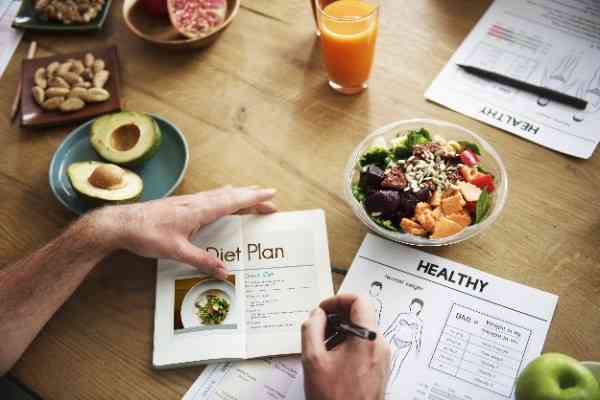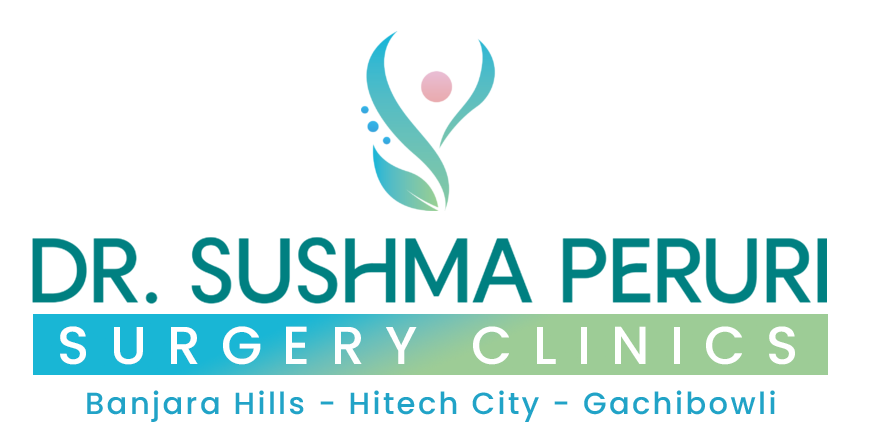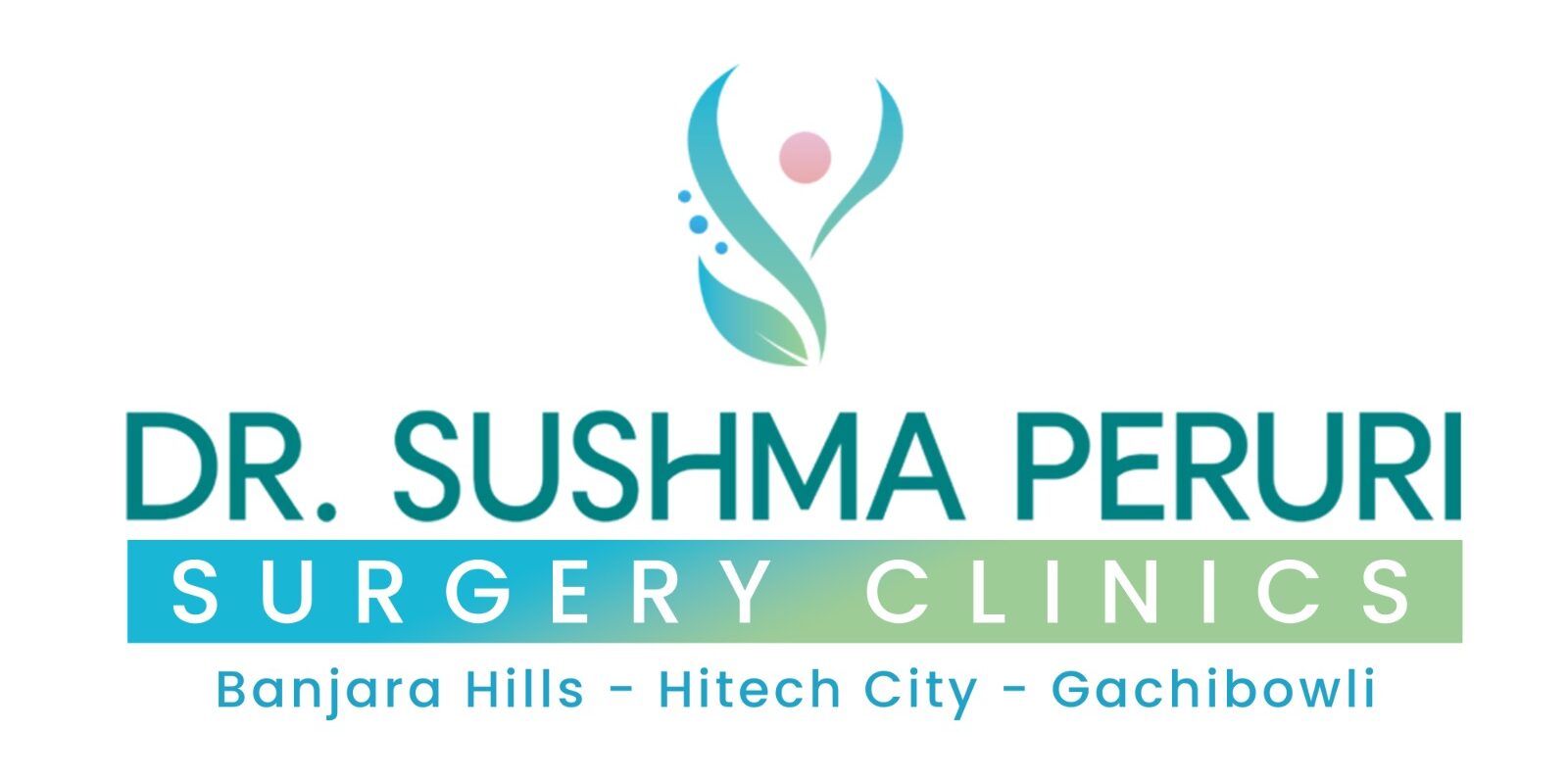10 Foods to Avoid After Surgery for a Faster Recovery
Surgery can be a life-changing experience, and your body requires extra care during recovery. A key part of your healing process is nutrition, which plays a significant role in restoring your energy levels, rebuilding tissues, and preventing complications. However, not all foods are beneficial after surgery. In this guide, we will explore the food to avoid after surgery and why certain dietary choices can hinder your healing.

Why Your Diet Matters After Surgery
Post-surgery, your body is in repair mode, striving to heal wounds, regenerate tissues, and restore balance. Nutrition plays a pivotal role in this process. Choosing the right food helps reduce inflammation, promote recovery, and strengthen the immune system. On the other hand, consuming the wrong foods can lead to prolonged healing times, increased discomfort, and even potential complications such as infections or digestive issues.
Your digestive system may be particularly sensitive post-surgery, especially after procedures involving the abdomen or intestines. It’s essential to understand what food to avoid after surgery to prevent unnecessary stress on your body.
Top Foods to Avoid After Surgery
1. Processed and Sugary Foods
Processed foods such as packaged snacks, cookies, pastries, and sugary cereals are loaded with refined sugars and artificial additives. These foods provide little nutritional value and can spike blood sugar levels, leading to inflammation and slower wound healing. Moreover, high sugar consumption can weaken the immune system, making the body more susceptible to infections.
Instead, opt for whole grains, fresh fruits (low in sugar), and vegetables to support your recovery.
2. Fried and Greasy Foods
Fried foods like French fries, burgers, and fried chicken are hard to digest and can cause bloating, indigestion, and discomfort after surgery. The high-fat content can also increase inflammation, which hinders healing. Your digestive system is already sensitive post-operation, so it’s best to avoid these heavy foods.
A diet rich in lean proteins such as grilled chicken, fish, or plant-based sources can aid in faster tissue repair and reduce inflammation.
3. Foods High in Salt
Excessive salt intake can lead to water retention, causing swelling and bloating. This can be particularly uncomfortable for individuals recovering from surgery, especially if you’ve had abdominal procedures. High-sodium foods like canned soups, processed meats, and fast food can also elevate blood pressure, complicating recovery.
Stick to naturally low-sodium foods such as fresh vegetables, fruits, and unsalted nuts.
4. Dairy Products
While dairy is a source of calcium and protein, it can cause digestive discomfort for some individuals after surgery, leading to bloating, gas, or constipation. This is especially true for those who are lactose intolerant. If you’re experiencing digestive issues, it might be beneficial to temporarily avoid dairy products such as milk, cheese, and cream.
Opt for non-dairy alternatives like almond milk, soy milk, or lactose-free products until your digestive system stabilizes.
5. Carbonated Drinks and Caffeinated Beverages
Carbonated drinks like soda can cause gas and bloating, making you uncomfortable after surgery. In addition, caffeinated beverages such as coffee, tea, and energy drinks can lead to dehydration by acting as diuretics, which hinders the body’s healing process. Hydration is critical for recovery, so it’s best to avoid these beverages.
Instead, focus on water, herbal teas, and electrolyte-rich drinks to stay hydrated.
6. Red and Processed Meats
Red meats such as beef and pork, as well as processed meats like bacon and sausages, are harder to digest and can lead to constipation. Additionally, they are high in saturated fats, which can contribute to inflammation and slow down healing. A high-protein diet is important after surgery, but it’s better to get your protein from lean sources like chicken, turkey, and fish.
Plant-based proteins like lentils, beans, and tofu are also excellent options.
7. Spicy Foods
Spicy foods may irritate the digestive tract, leading to heartburn, indigestion, and discomfort. This is particularly troublesome if you’ve had gastrointestinal or abdominal surgery. It’s best to avoid spicy dishes with ingredients like chili peppers, hot sauce, or curries while you recover.
Mildly seasoned foods are easier on the stomach and help with smoother digestion during the healing process.
8. High-Fiber Foods
Although fiber is essential for a healthy diet, high-fiber foods like beans, broccoli, and whole grains can cause bloating, gas, and constipation after surgery, especially if your digestive system is already compromised. It’s important to reintroduce fiber gradually into your diet as your body heals.
During the early stages of recovery, choose low-fiber options like white rice, peeled apples, and plain toast to ease digestion.
The Role of Hydration in Recovery
Proper hydration is often overlooked but is crucial to the recovery process after surgery. Water helps flush toxins from the body, maintain electrolyte balance, and promote good blood circulation, all of which aid in faster healing. Dehydration can lead to increased fatigue, headaches, and delayed wound healing.
Ensure you’re drinking plenty of water, especially if you’re avoiding caffeinated beverages and sugary drinks. Adding hydrating foods such as watermelon and cucumber can also help maintain fluid levels.
Foods to Eat for Faster Healing
In addition to avoiding certain foods, it’s important to focus on a balanced diet that supports recovery. Some foods that can promote healing after surgery include:
- Protein-rich foods: Chicken, fish, eggs, and legumes help repair damaged tissues.
- Vitamin C-rich foods: Oranges, strawberries, and bell peppers boost collagen production, which is vital for wound healing.
- Healthy fats: Avocados, olive oil, and nuts reduce inflammation and provide energy.
- Zinc-rich foods: Pumpkin seeds, spinach, and seafood support the immune system and accelerate healing.
Conclusion
Recovery after surgery is a time to be mindful of your body’s needs, and diet plays a critical role in that process. By avoiding processed, sugary, and hard-to-digest foods, and focusing on nutrient-dense, healing-promoting alternatives, you can give your body the support it needs for a faster and smoother recovery. Always remember to consult with a healthcare professional to tailor your post-surgery diet to your specific needs.
For more insights on post-surgery care and consultations, visit Dr. Sushma Peruri’s website.


